Home > Climate News >

New research shows global climate benefits of protecting nature, but it’s not a silver bullet
Since 2000, the researchers reported, protected forests worldwide have stored 9.65 billion metric tons more carbon in their trunks, branches, and stems than ecologically similar unprotected areas. That is equal to about a year’s worth of annual carbon dioxide emissions from human activities. But that doesn’t mean that nature is a silver bullet that will stop climate change, said lead author Laura Duncanson, an assistant professor and remote sensing scientist at the University of Maryland who studies global carbon stocks.

Breaking down the Inflation Reduction Act program by program, incentive by incentive
The Inflation Reduction Act is the biggest investment in clean energy and climate solutions in American history, so it can be hard to keep track of everything in it. This spreadsheet breaks down the funding opportunities in the bill in a way that allows a variety of users to easily find out which IRA programs and tax incentives can benefit them.
In particular, this spreadsheet was developed for use by:
- State and local/municipal governments
- Tribal Nations
- Businesses
- Non-profits
- Institutions of higher education
- Individual consumers
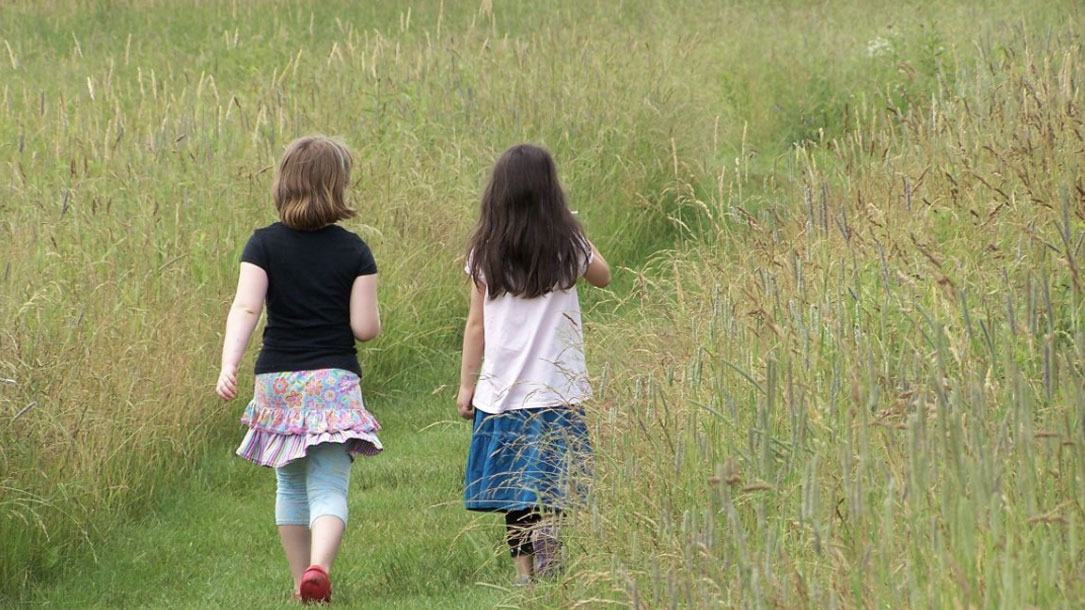
Climate change is here. Nature-based solutions can help.
Openlands works across the Chicago metropolitan region to advance nature-based solutions to climate change, improve the health and well-being of communities, and create a more verdant region for all.
Learn more about [their] work and how you can get involved to help make a more sustainable, equitable region with Openlands…

National Land Trust Conference: September 6 – 9, 2023
Rally is where over 1,500 people who share your passion for conservation will re-energize and inspire you.
Join the Land Trust Alliance in Portland in September for a gathering packed with diverse topics to explore and great colleagues and friends to learn from and share with. Rally has all of the resources you want to take your conservation skills further. There’s no better way to invest in your future.

Saving Our Swamps [Letter in the New Yorker Magazine]
Here you will find a short letter submitted by the land trust’s executive director, under the heading “Letters respond to Annie Proulx’s piece about swamps” (and beavers as part of the climate solution):
The dewatering of North America that Proulx describes was underway well before the nineteenth century, when westward expansionists began cutting down forests and farmers began draining and tilling fields. By the time those people were “reclaiming” land for their use, fur traders had been wreaking havoc on our wetlands for almost two hundred years, through the commodification of beavers…
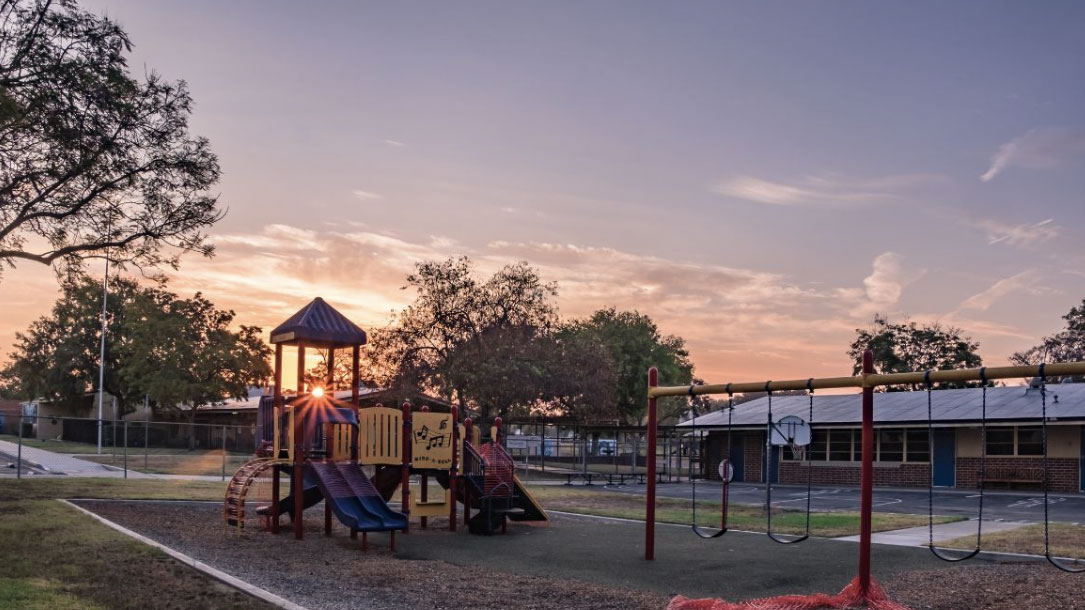
Parks as part of the climate solution
As a warming planet leads to worsening risks and impacts, American cities are taking matters into their own hands. Cities are not only pledging to slash carbon emissions in the coming decades. They are also figuring out how to be more resilient. Because one thing is clear: disadvantaged communities that have been historically neglected will suffer the most as the planet warms.
Park acres, it turns out, are very good at buffering the effects of climate change. Green space has the power to lower air temperature and absorb floodwater and can be designed in such a way as to significantly enhance those climate benefits…
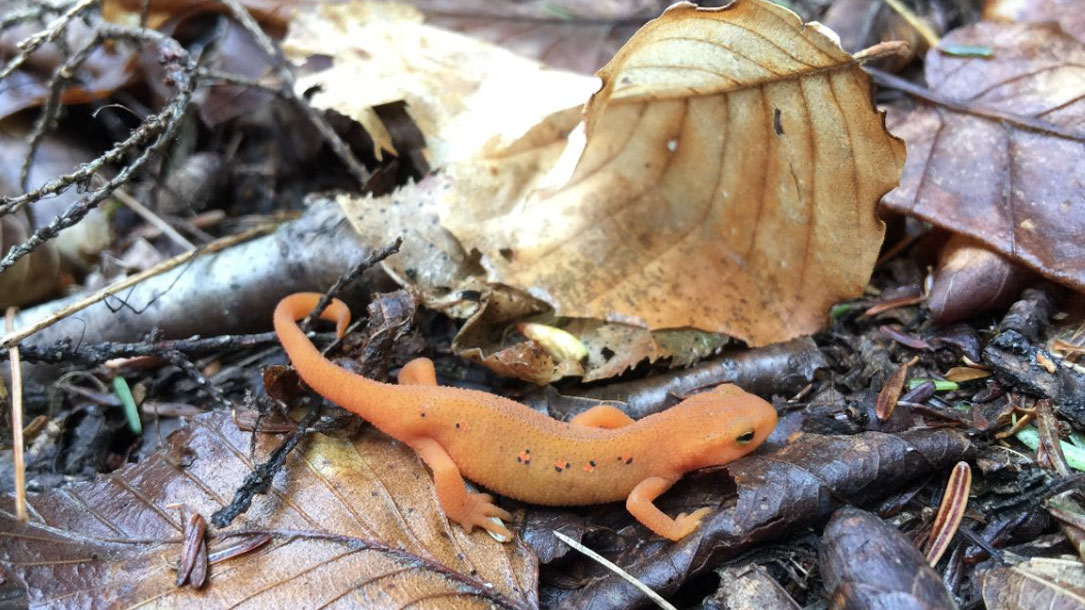
Ensuring that NbS support thriving human and ecological communities
Their mission is to enhance understanding of the value of nature-based solutions to societal challenges and to help ensure they support thriving human societies and ecosystems without compromising efforts to keep fossil fuels in the ground…

Americans beginning to correlate extreme weather with a climate crisis, but purse strings are still tight
Broader socioeconomic factors are also affecting those who are experiencing weather events, and more importantly, how these parties can financially respond to these events — and thus how willing they are to pay even more.
For instance, only 29% of households that experienced extreme events had 100% of their damages covered by insurance. Renters though had it worse — with those who have experienced extreme events being uninsured 70% of the time…
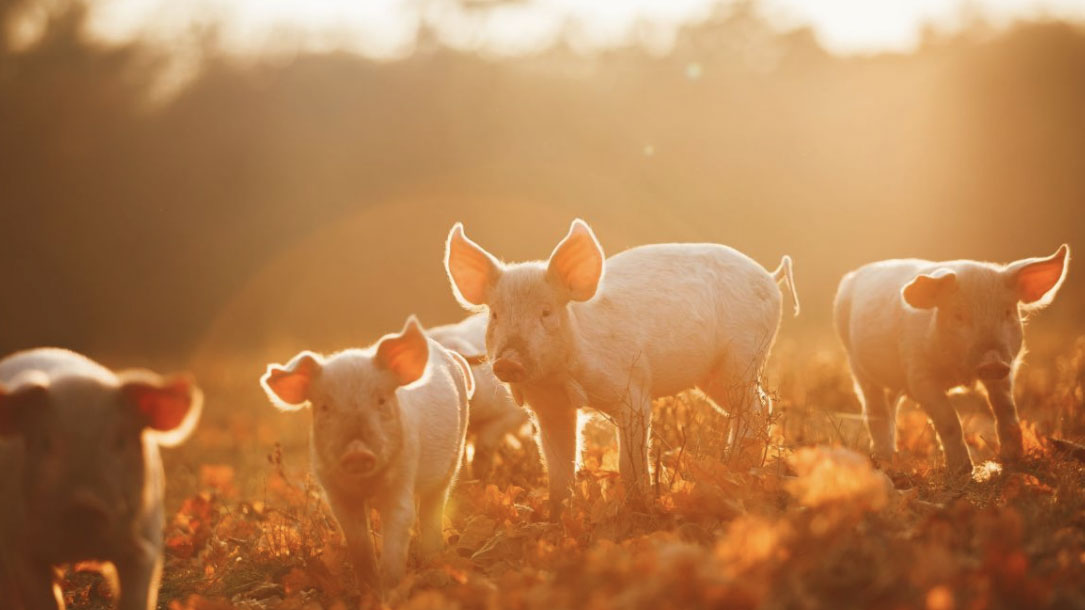
Farming collaborative plan looks to keep land accessible, open
Under the land collaborative model, the property will not solely be devoted to agriculture; Sanford-Long’s animals will share land with a planned solar array…
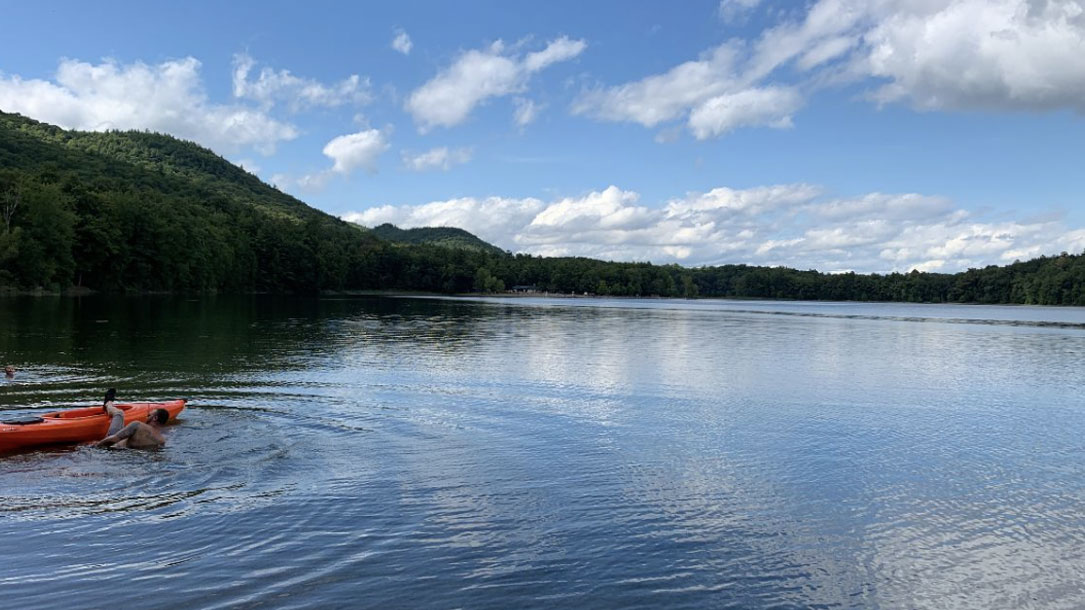
Finding hope — and faith — in the climate change debate
Katharine Hayhoe, a climate scientist and Christian, is working to bring hope to the climate change debate. On Saturday night [in Salt Lake City, Utah], she did so by describing a giant boulder on a hill…
“People are willing to do something if they feel like what they do will make a difference,” she said.
“Is talking sufficient? Of course not. Is talking necessary? 100%,” she said.












